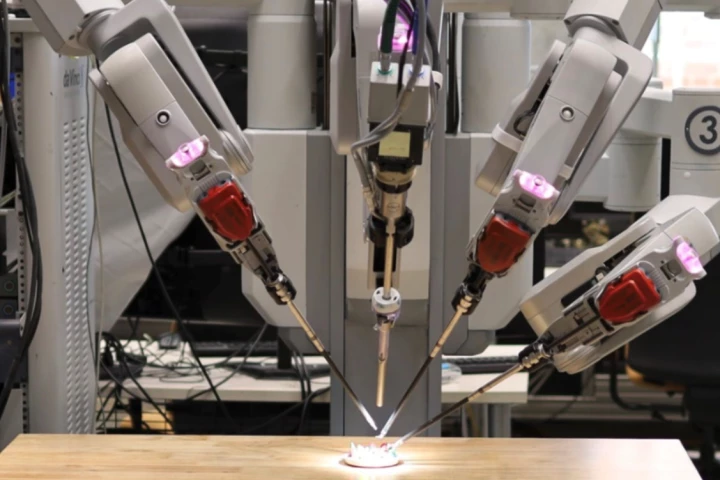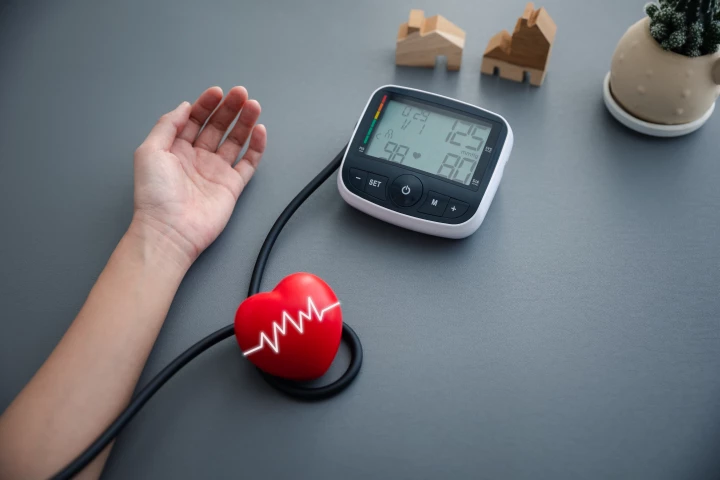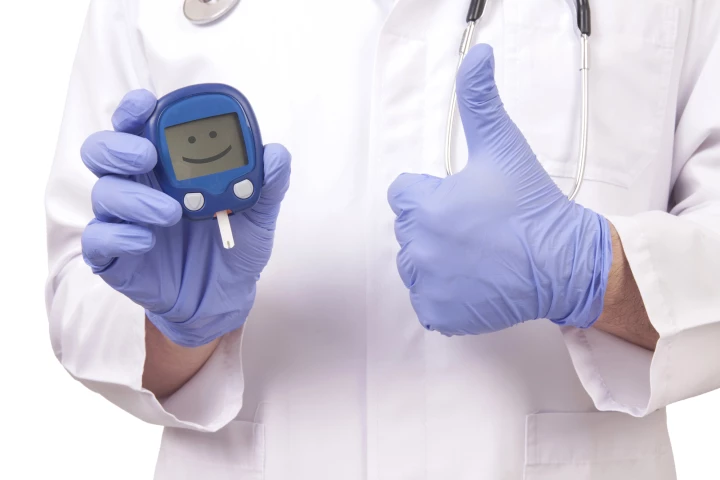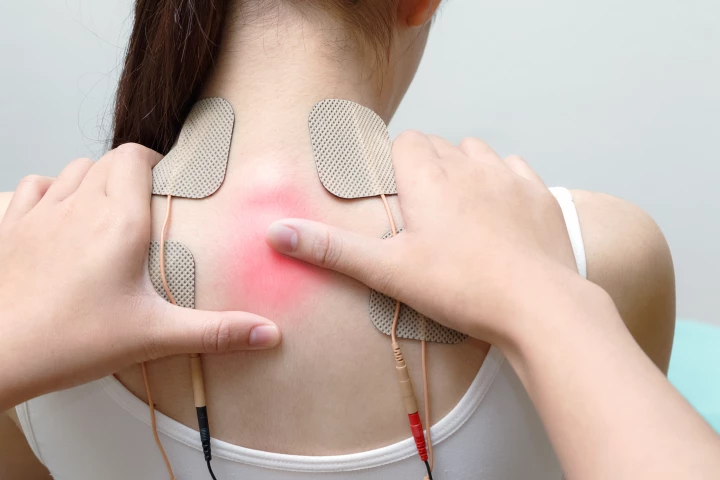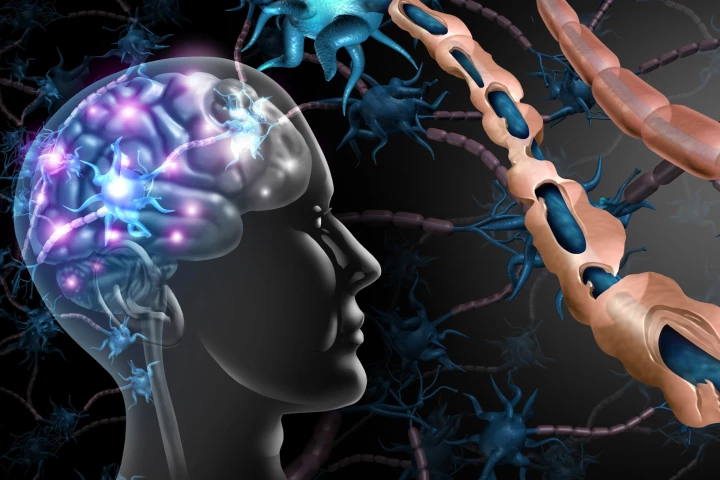Johns Hopkins Medicine
-
After two decades in the making, scientists have cracked the code on a drug that can repair DNA, setting the scene for a new class of therapeutics that can fix tissue damage that occurs through heart attack, inflammatory disease and other conditions.
-
We're a step closer to entering an operating theater without any human life besides ours, following the world's first surgery performed by a robot responding and learning in real time. Its precision and skill matched that of experienced surgeons.
-
High blood sugars have long been known to cause eye damage in diabetics. However, new research has found that low blood sugar may also contribute. The good news is that it also identified a way of preventing or treating the damage.
-
In an effort to do the right thing for their health, more than 17 million Americans could actually be getting poor blood pressure readings from at-home kits with ill-fitting cuffs. This can have serious implications for nearly 7% of US adults.
-
A promising new drug could prevent and even reverse the onset of type 1 diabetes. The experimental monoclonal antibody drug was found to act like a shield to protect insulin-producing cells from damage and even extended lifespan in some cases.
-
A drug used to treat asthma has been shown to substantially reduce the risk of potentially life-threatening reactions in people aged one and older with multiple common food allergies, including peanuts, following accidental exposure.
-
Affecting more than 51 million Americans, chronic pain is more common than depression and diabetes, yet there are few medical interventions that offer safe, long-term relief. Scientists are hoping this non-invasive method can change that.
-
Researchers have designed a new nanoparticle that was shown to more effectively deliver a cancer-fighting mRNA vaccine to mice. The study’s results may lead to the development of better vaccines to treat cancer and infectious diseases like COVID-19.
-
Researchers have used microparticle therapy to boost the number of ‘good’ immune cells, reversing nerve cell damage in mice with MS-like symptoms. The finding may to lead to new treatments for multiple sclerosis and other autoimmune diseases.
-
Clumps of misfolded proteins that gather in the brain have been linked to neurodegenerative diseases like Parkinson’s. Now, newly identified nanobodies show promise in destabilizing the structure of these clumps, potentially leading to new treatments.
-
Scientists at Johns Hopkins have identified a previously unknown mechanism of cocaine’s activity in the brain, which could open new types of treatment for addiction to the drug. Intriguingly, it seems to work differently in male and female mice.
-
New research has found no evidence statin use can reduce the risk of severe COVID-19 or death. Countering studies suggesting statins may protect against severe COVID-19, the study indicates statins could slightly increase the risk of serious illness.
Load More

